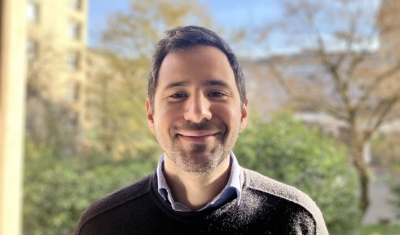4 October 2022
The 35 professionals enrolled in our Executive Master in International Law in Armed Conflict have just started their programme with two courses: an introductory course on international law and the international legal order and a course on international humanitarian law (IHL).
Since this academic year, the programme takes place entirely online: an easy and interactive platform allows participants to interact directly with professors and other students during classes and access all the courses’ materials and readings. In case a participant is unable to follow a specific class, she/he can watch the recordings afterwards.
‘While our Executive Master was launched in 2011 as an in-person programme, it is now fully online to allow practitioners based in the field – who often work in conflict-related situations – to follow it. For those in Geneva, the online option allows them to even better combine their work with their studies by bringing more flexibility and avoiding commuting time’ explains Professor Gloria Gaggioli, Director of the Geneva Academy.
‘Having field-based practitioners in this programme also tremendously enriches exchanges in class with concrete cases that allow putting in perspective the legal concepts learned in class’ she adds.









